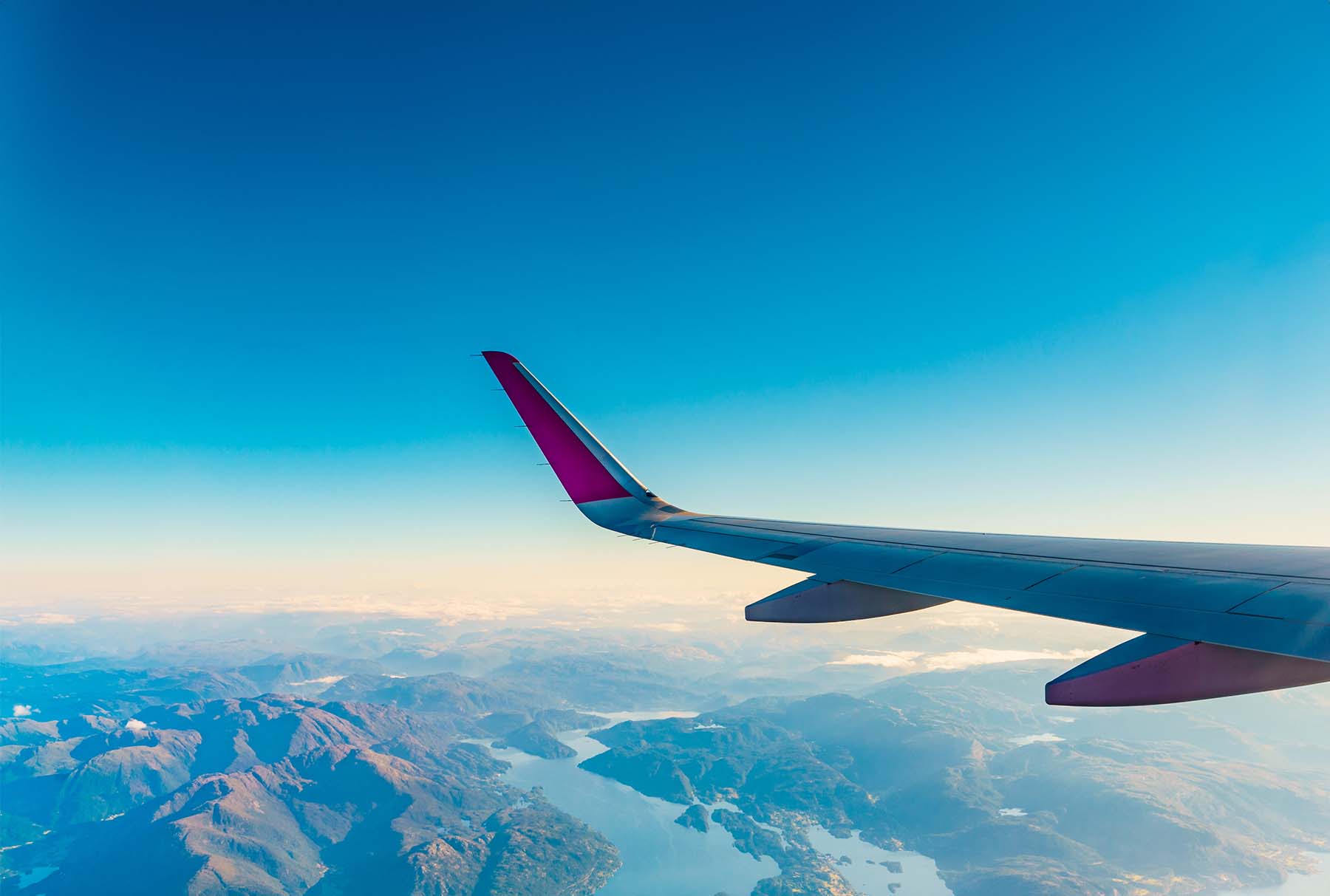Advice and Resources for Going Abroad
Everything you need to think about before you begin your study abroad journey.
Do your research and plan well
Going abroad is an amazing experience that is likely to change your view of the world and your place within it.
However, there is a lot to think about. It's key that you dedicate time to research your options, think about what's right for you, negotiate the often complex visa situation and plan your finances well.
Studying abroad has been one of the best decisions in my life and I am so grateful for the opportunity. I would do it again a thousand times.
